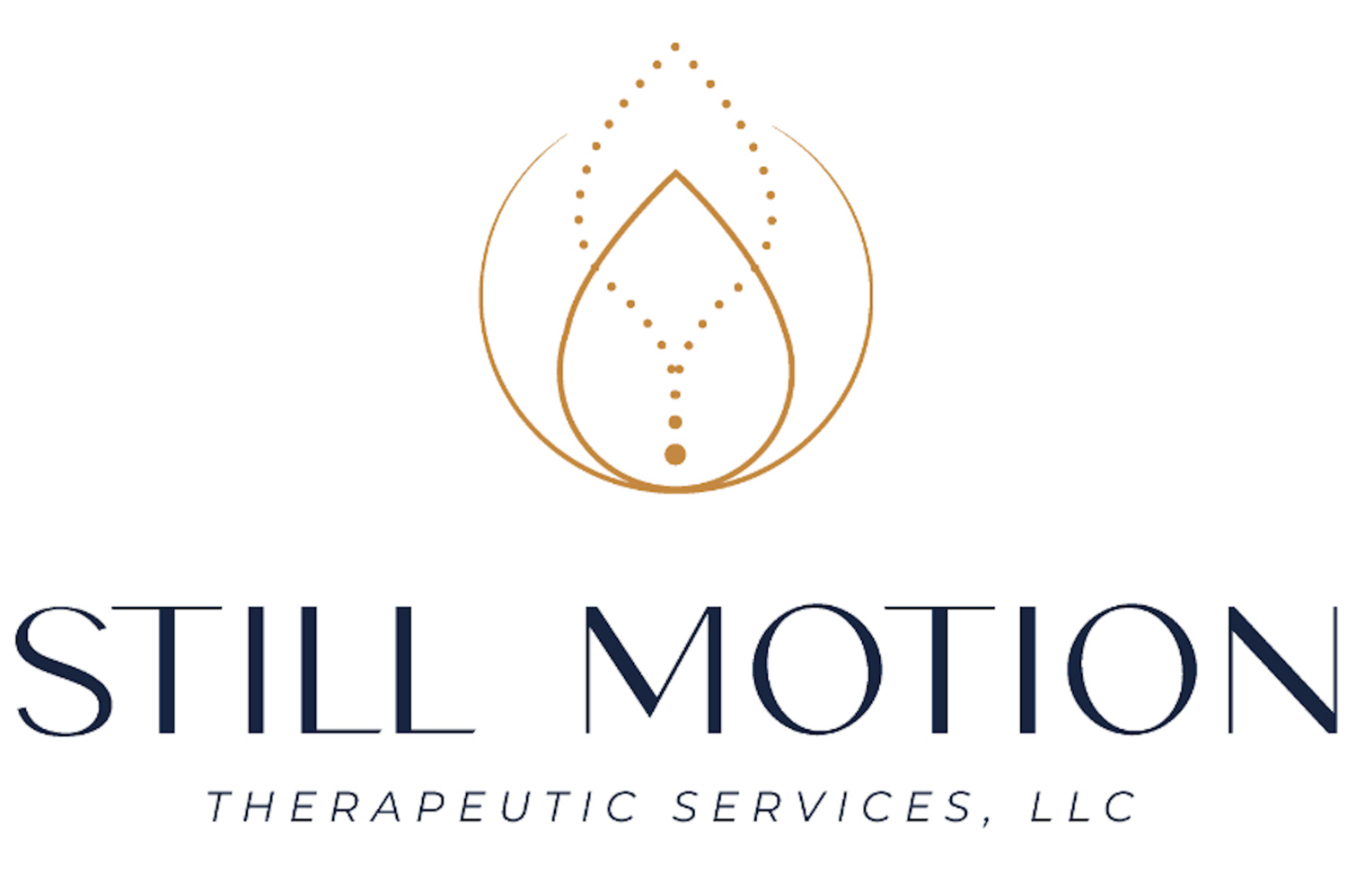Sleep and Stress: How They Impact Each Other
/We’ve all had those nights—lying awake with racing thoughts, only to wake up the next morning feeling drained and on edge. Sleep and stress are closely linked, creating a cycle that can either support or sabotage our mental health. Understanding this connection is the first step toward breaking free of it.
How Stress Affects Sleep
When you’re stressed, your body releases cortisol and adrenaline—the “fight or flight” hormones. While helpful in emergencies, they make it harder to relax and fall asleep. Common stress-related sleep issues include:
Trouble falling or staying asleep
Restless or light sleep
Vivid or anxious dreams
Waking up too early and not feeling rested
Chronic stress keeps the nervous system on high alert, which can lead to long-term insomnia or disrupted sleep cycles.
How Poor Sleep Increases Stress
The relationship works both ways. Sleep deprivation affects the parts of the brain that regulate mood and emotional reactions. After a poor night’s rest, you may notice:
Feeling more irritable, anxious, or overwhelmed
Reduced ability to concentrate or problem-solve
Heightened stress response to small challenges
Increased risk of burnout over time
Essentially, lack of sleep turns up the volume on stress.
The Vicious Cycle
Stress makes it harder to sleep → poor sleep makes stress feel worse → the cycle repeats. Left unchecked, this loop can contribute to anxiety disorders, depression, weakened immunity, and even cardiovascular problems.
Breaking the Cycle
The good news: small shifts can restore balance.
Create a wind-down routine: gentle stretching, journaling, or reading help signal your brain it’s time to rest.
Limit stimulants: caffeine, alcohol, and late-night screen time can keep stress hormones elevated.
Practice relaxation techniques: deep breathing, progressive muscle relaxation, or guided meditation lower cortisol.
Set boundaries: managing daytime stressors (like saying no, taking breaks, or seeking support) can improve night-time rest.
Seek help if needed: therapy, stress management programs, or medical support can make a big difference if the cycle feels unmanageable.
Sleep and stress are like two sides of the same coin—what affects one often impacts the other. By addressing both, you not only improve your rest but also strengthen your resilience to everyday challenges. A calmer mind leads to better sleep, and better sleep leads to a calmer mind.

